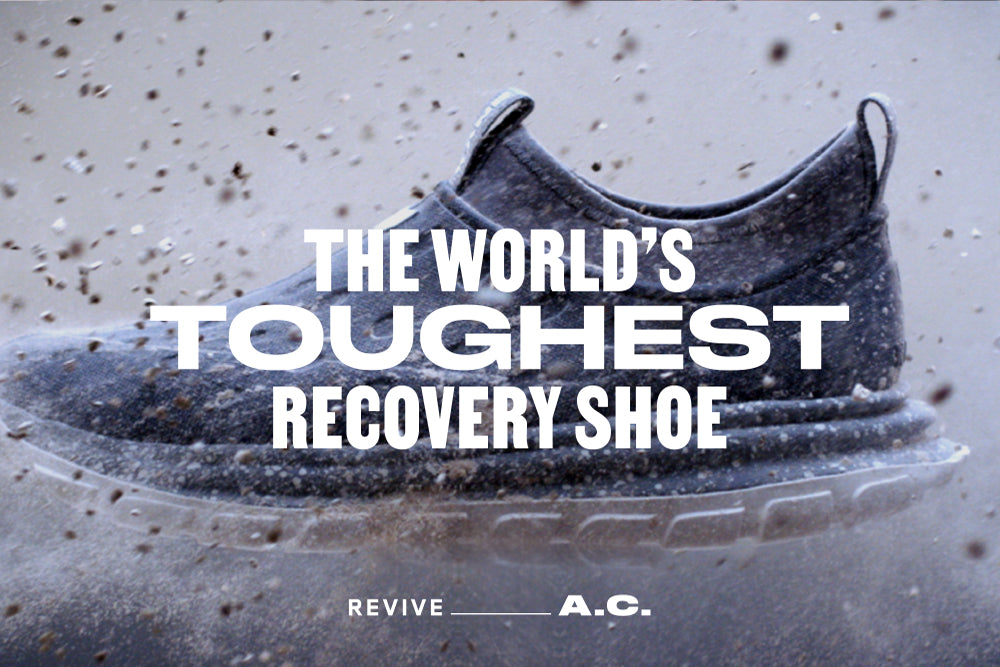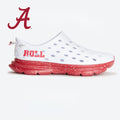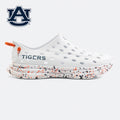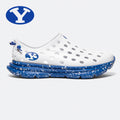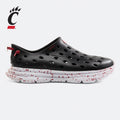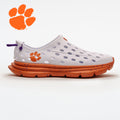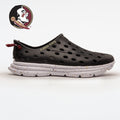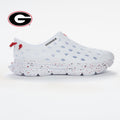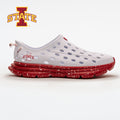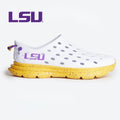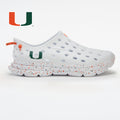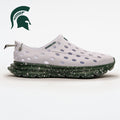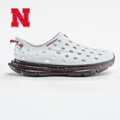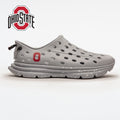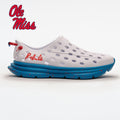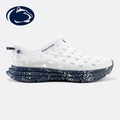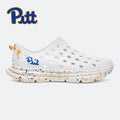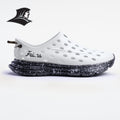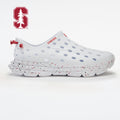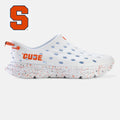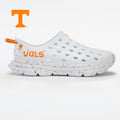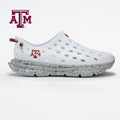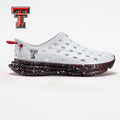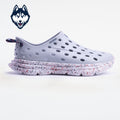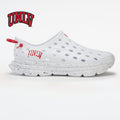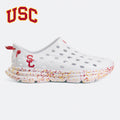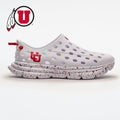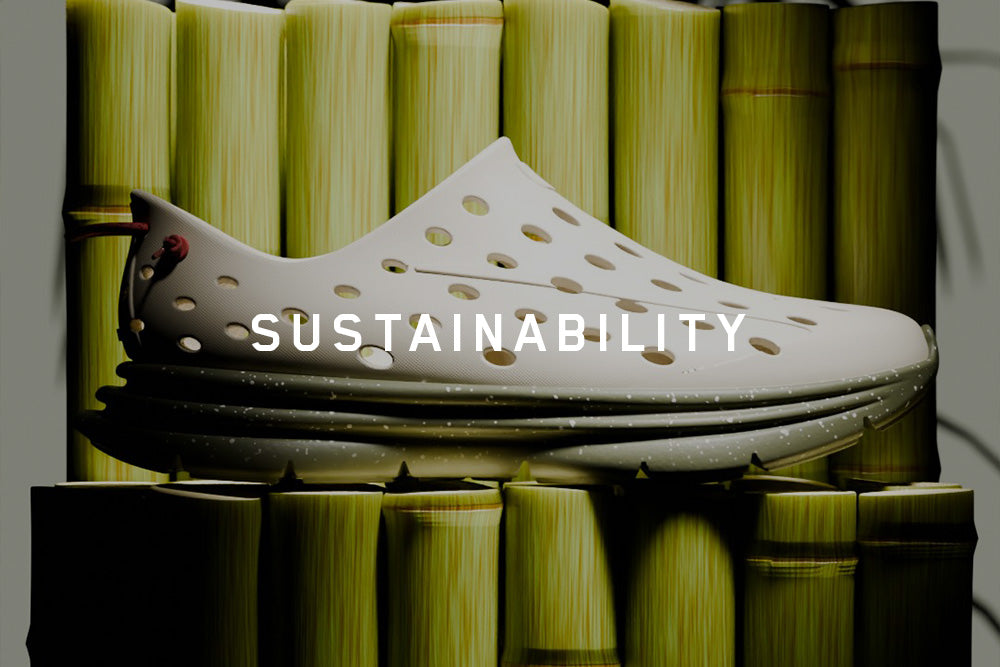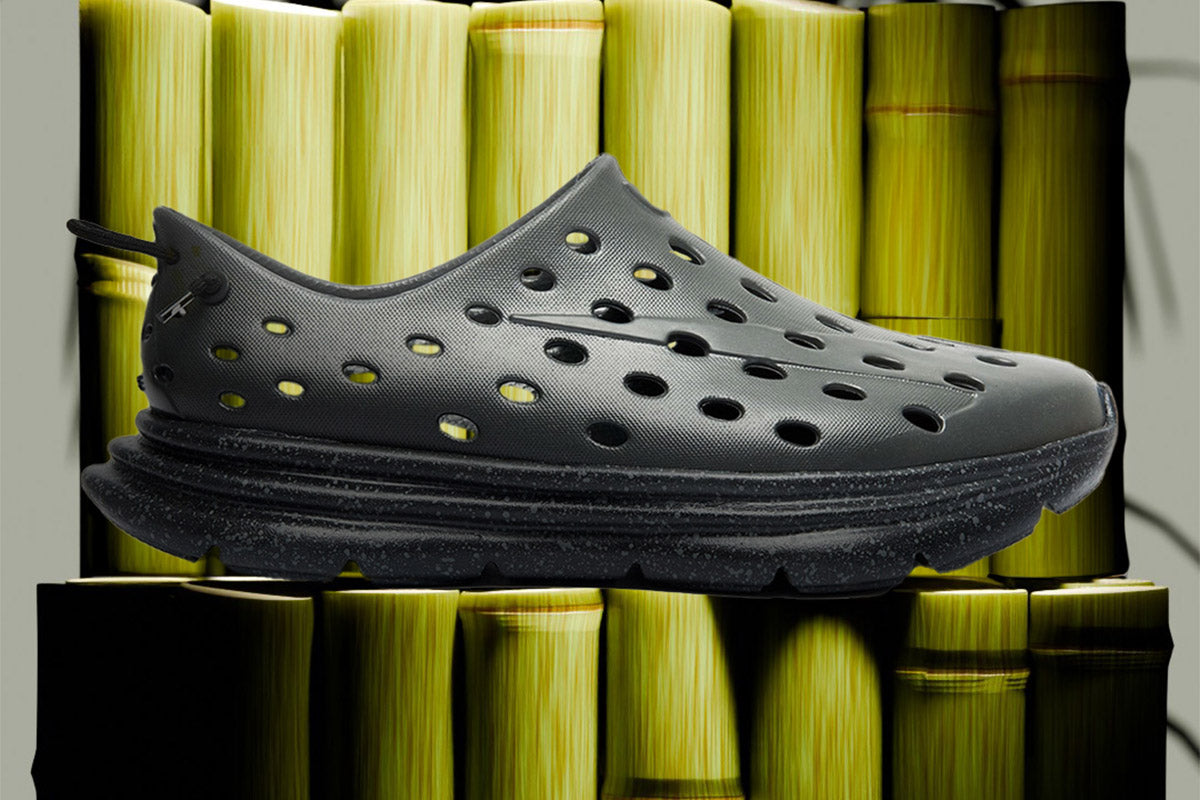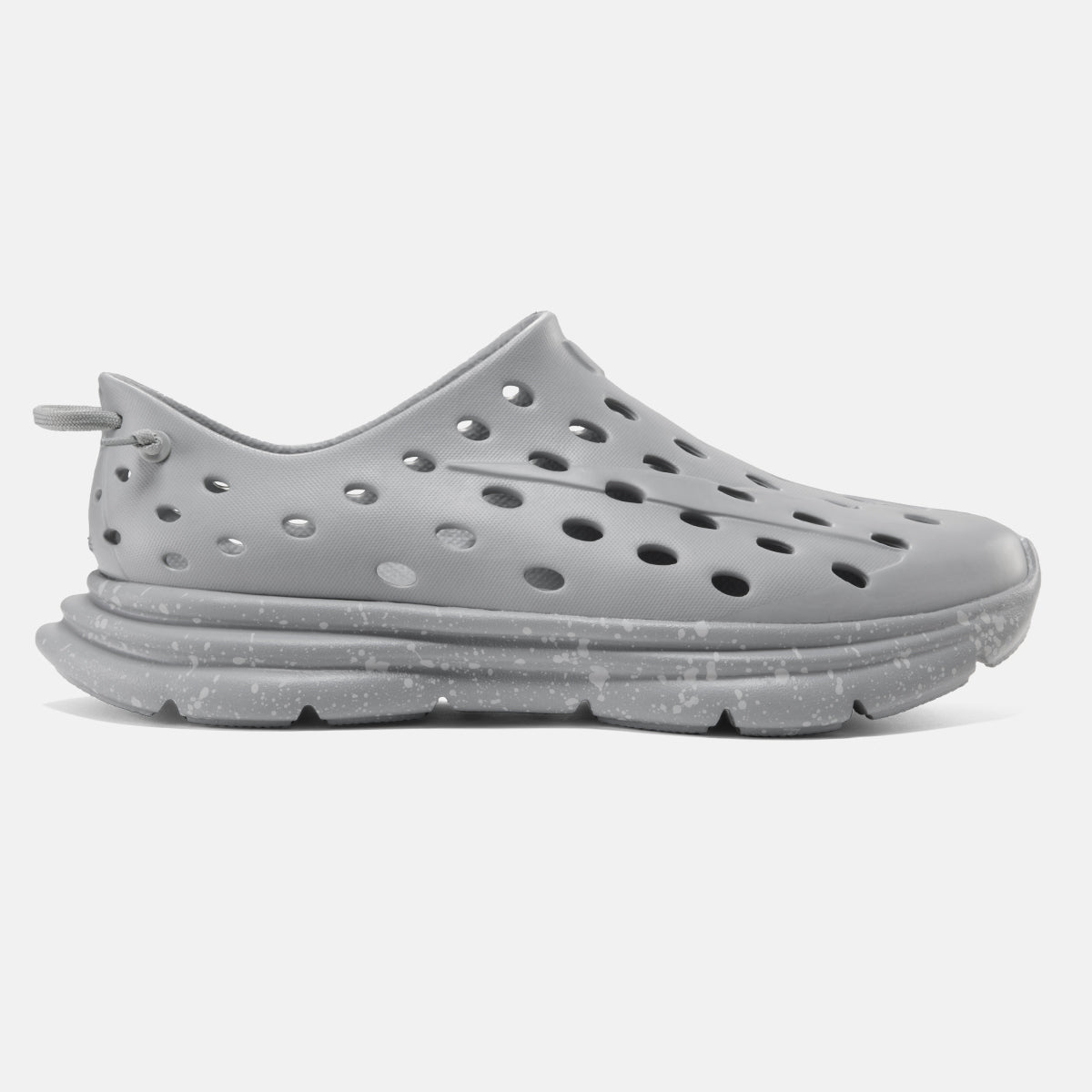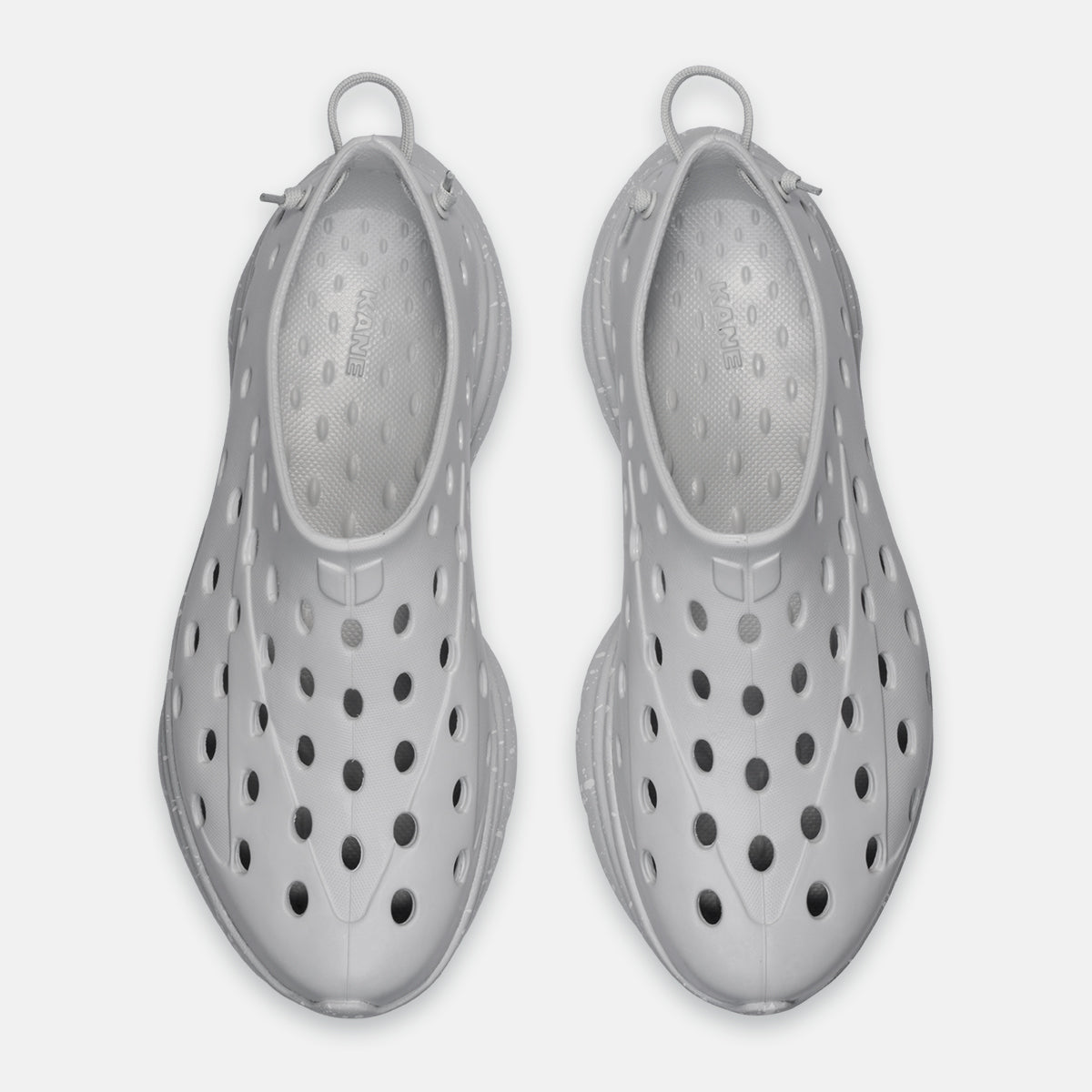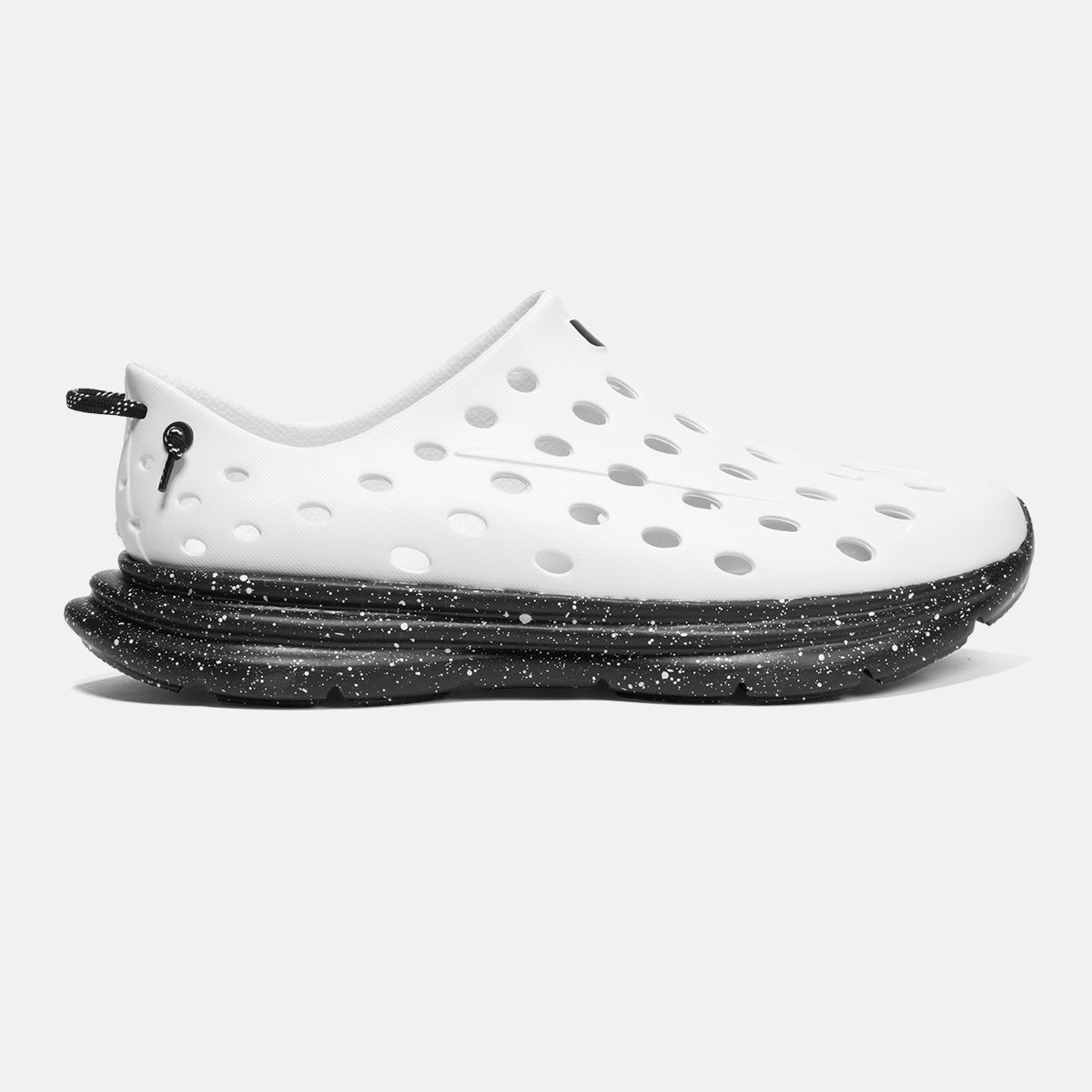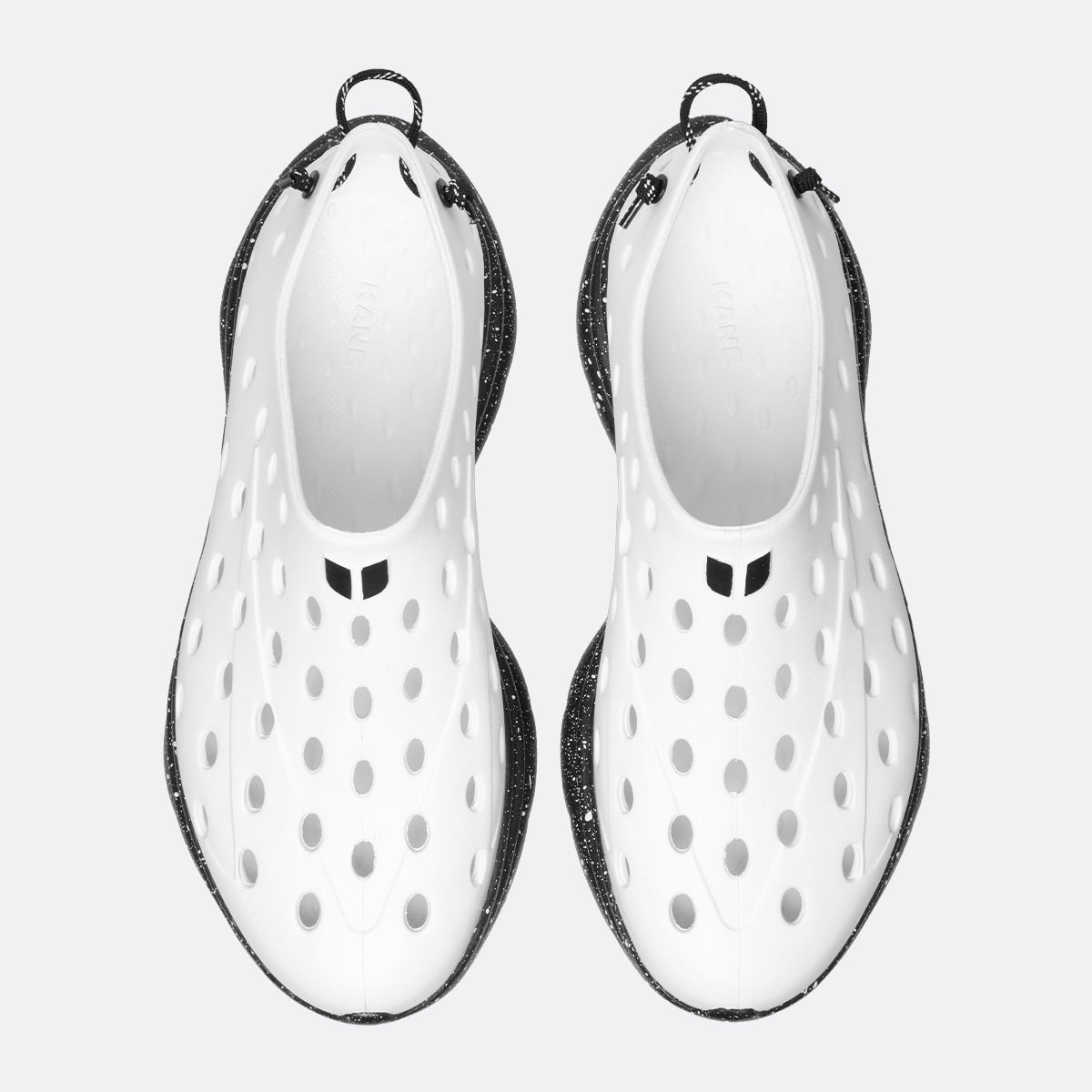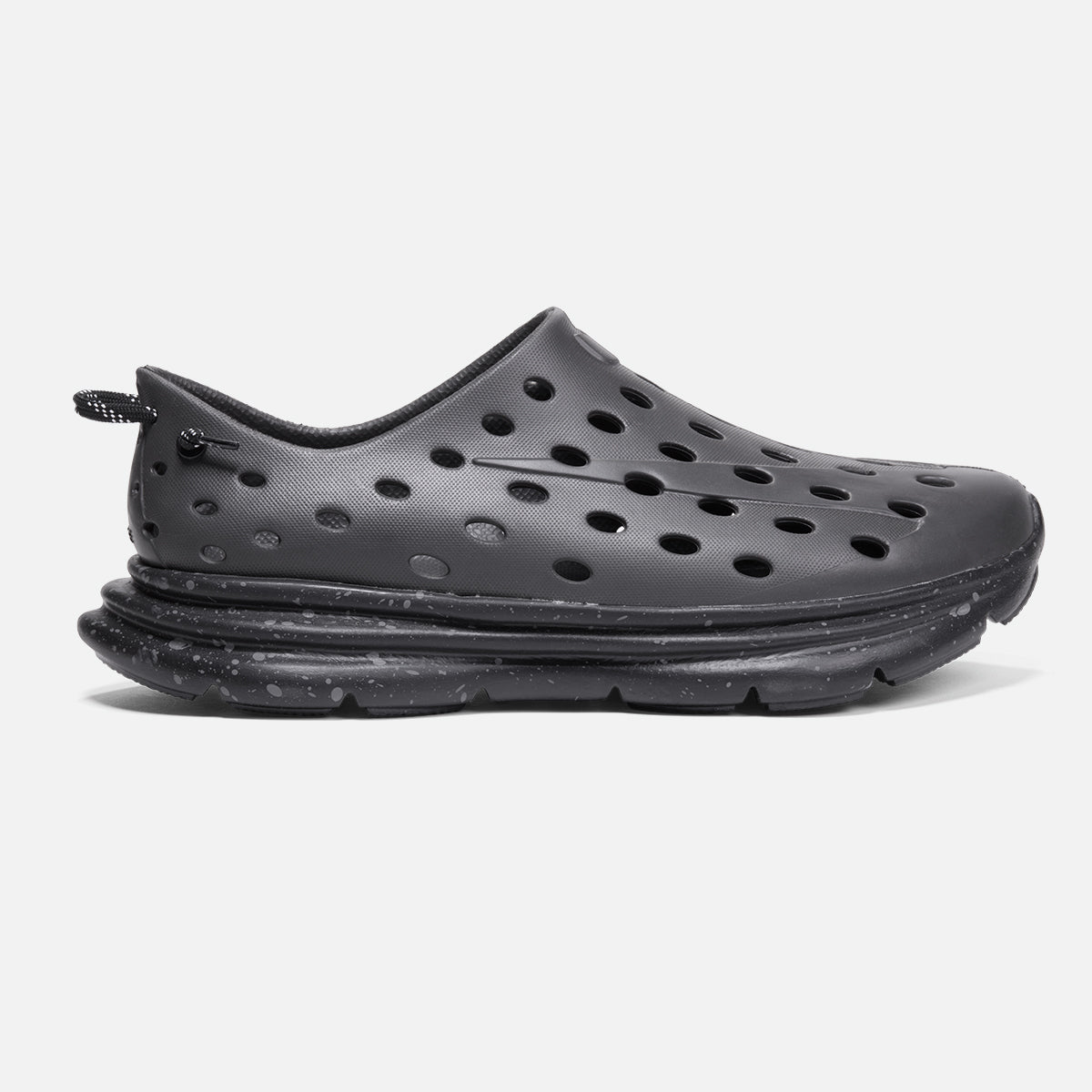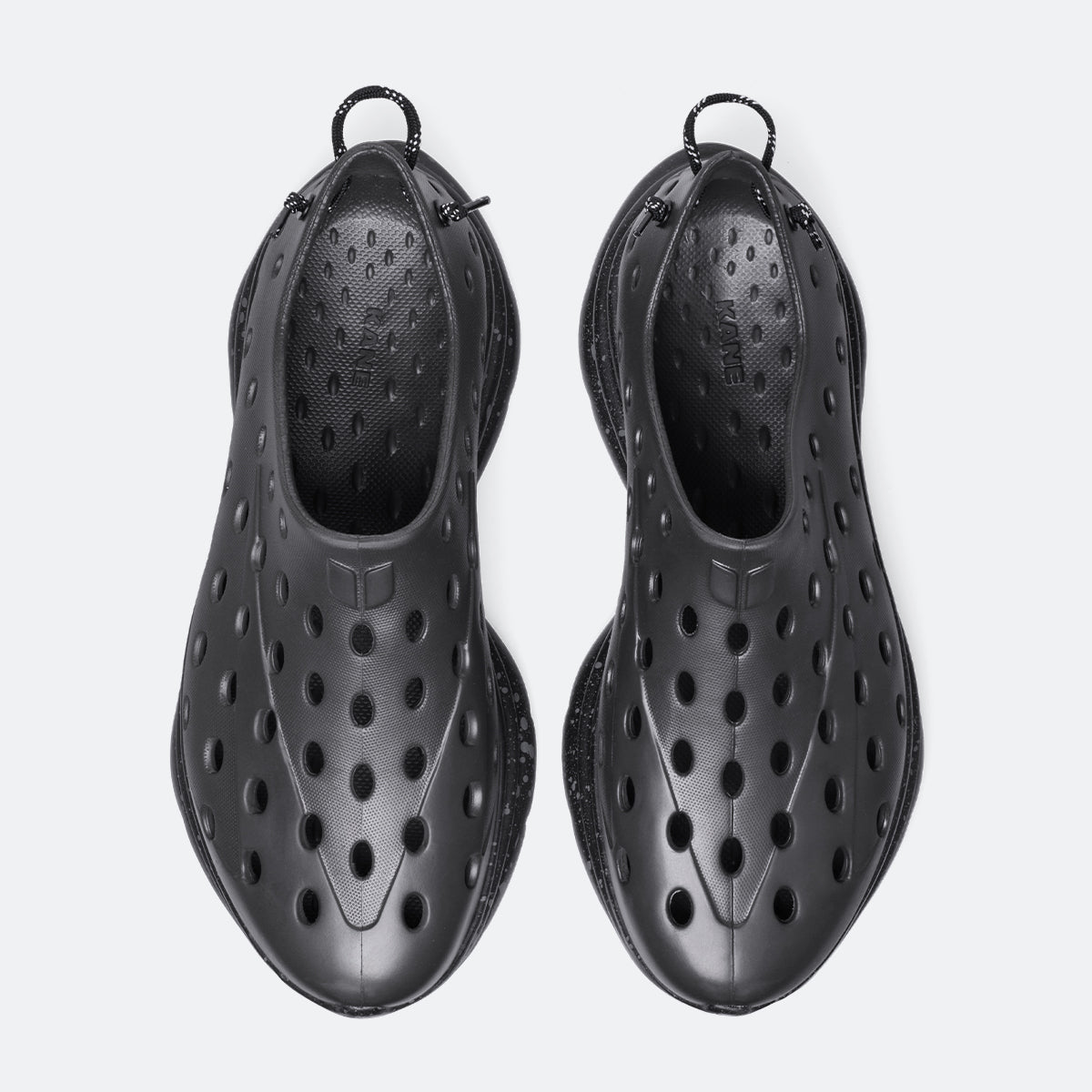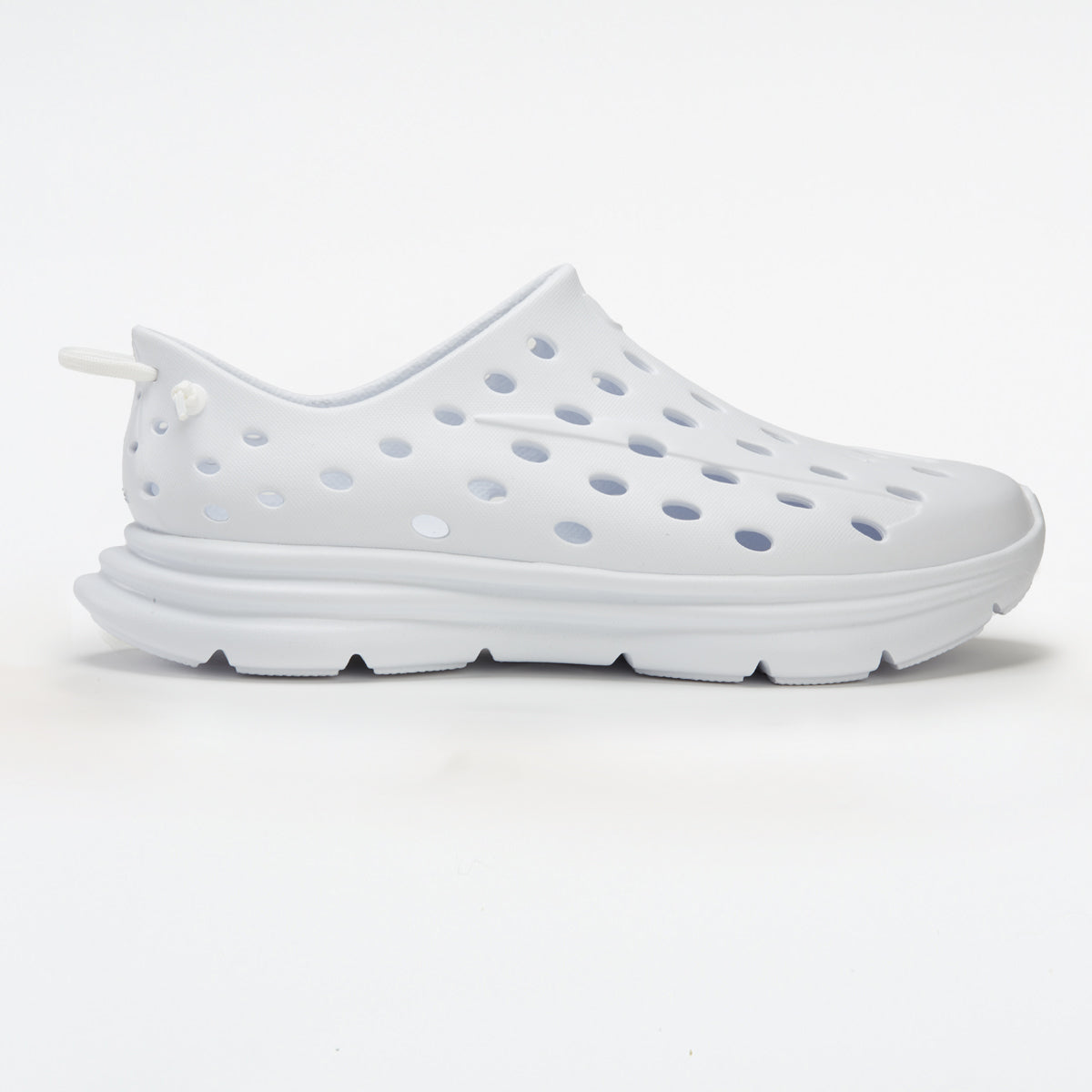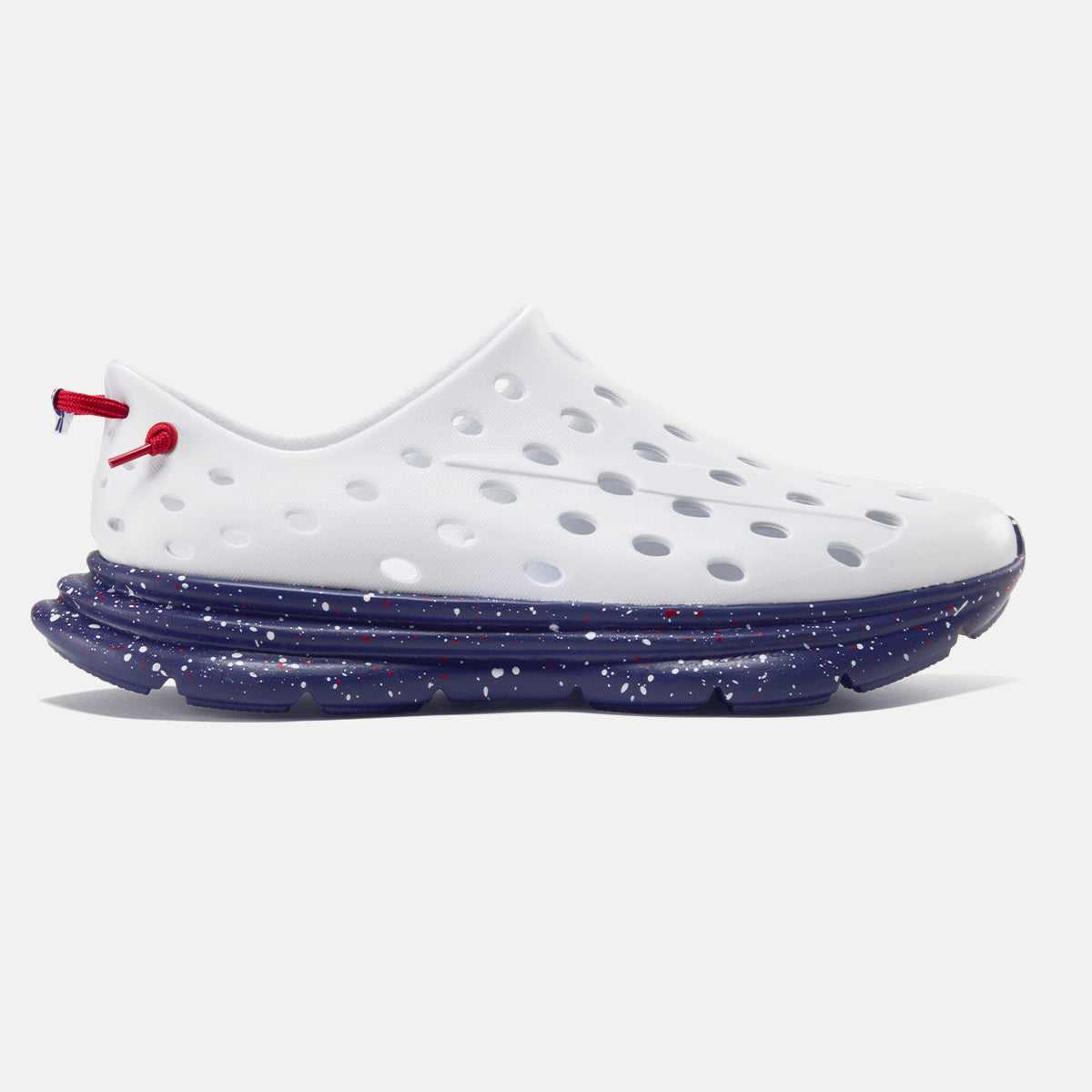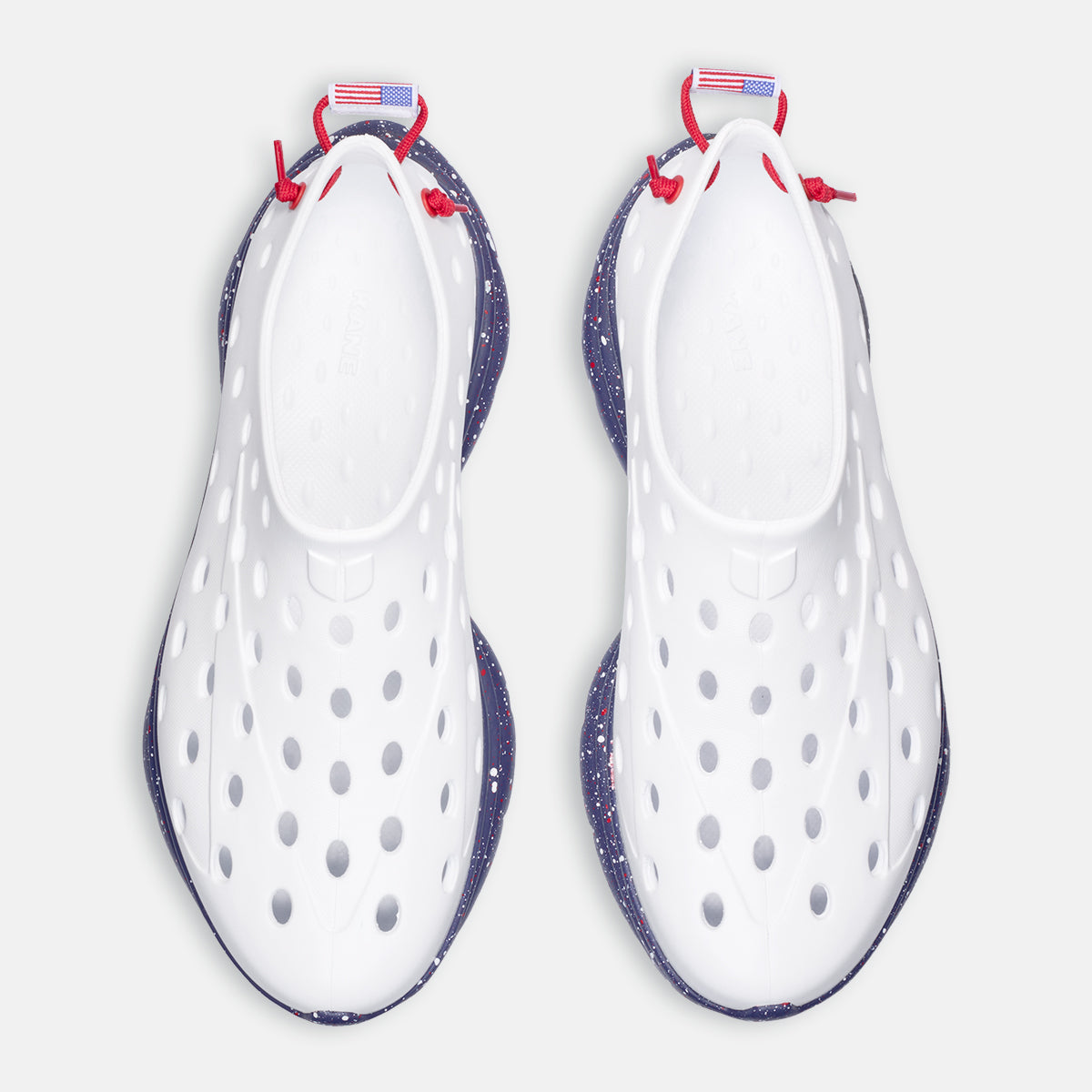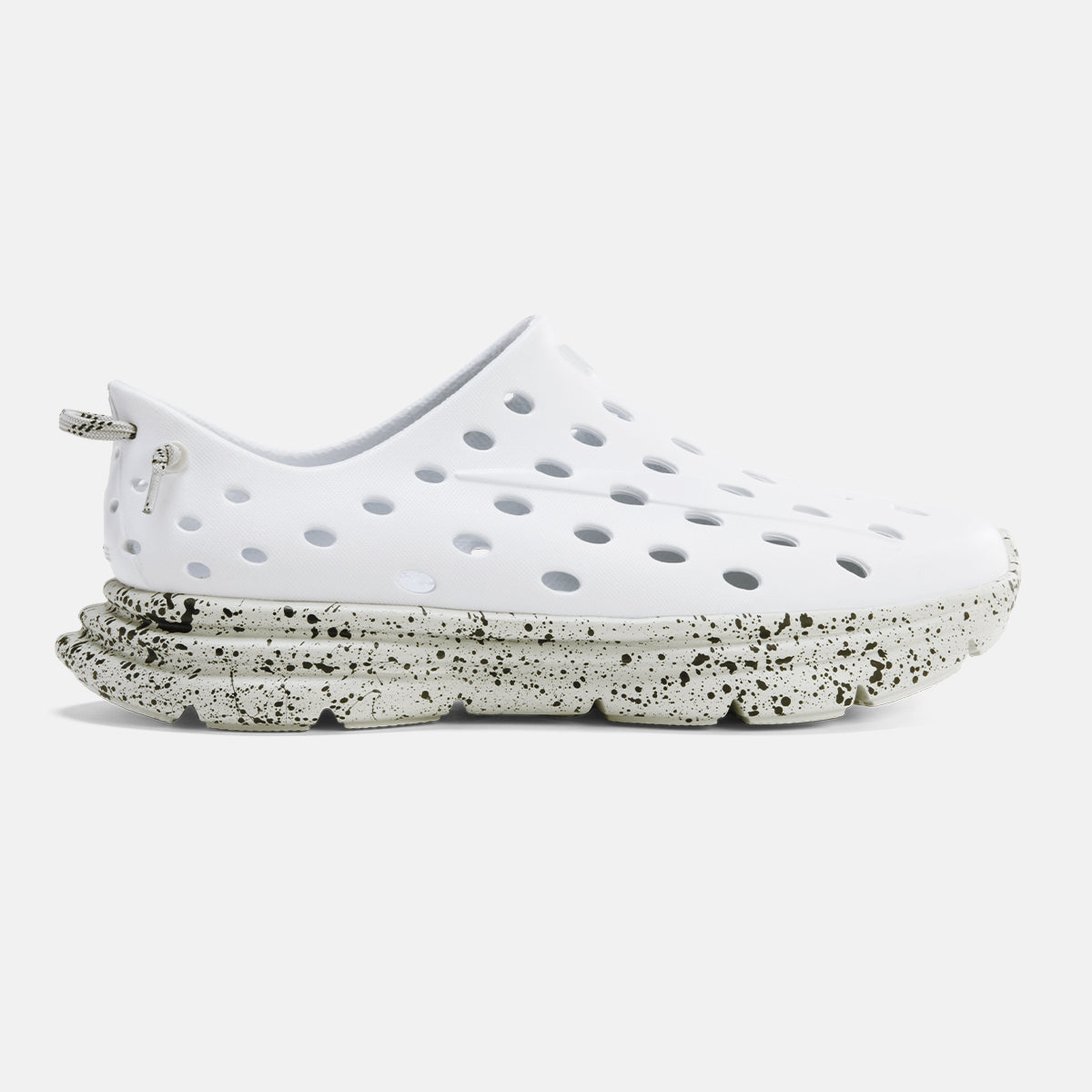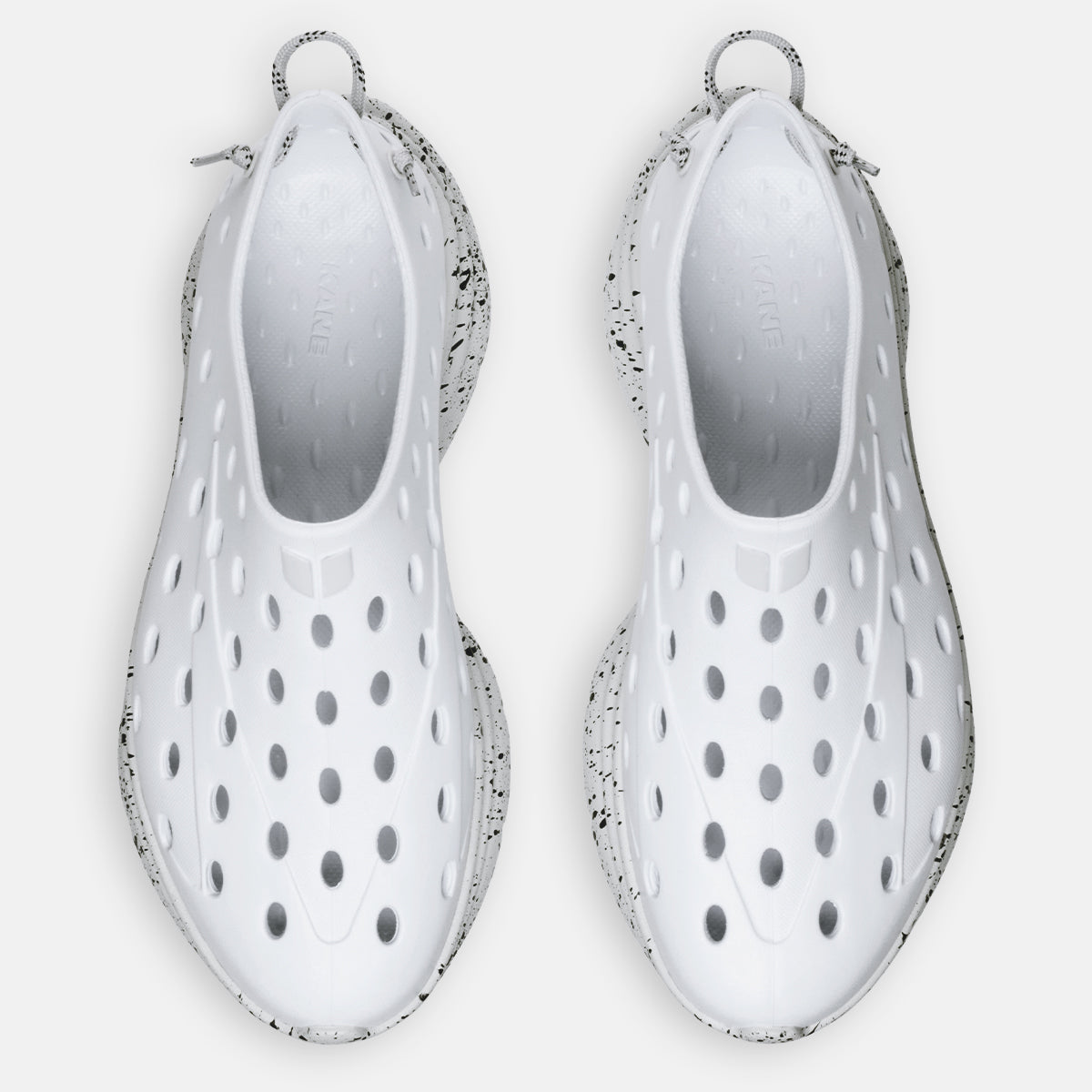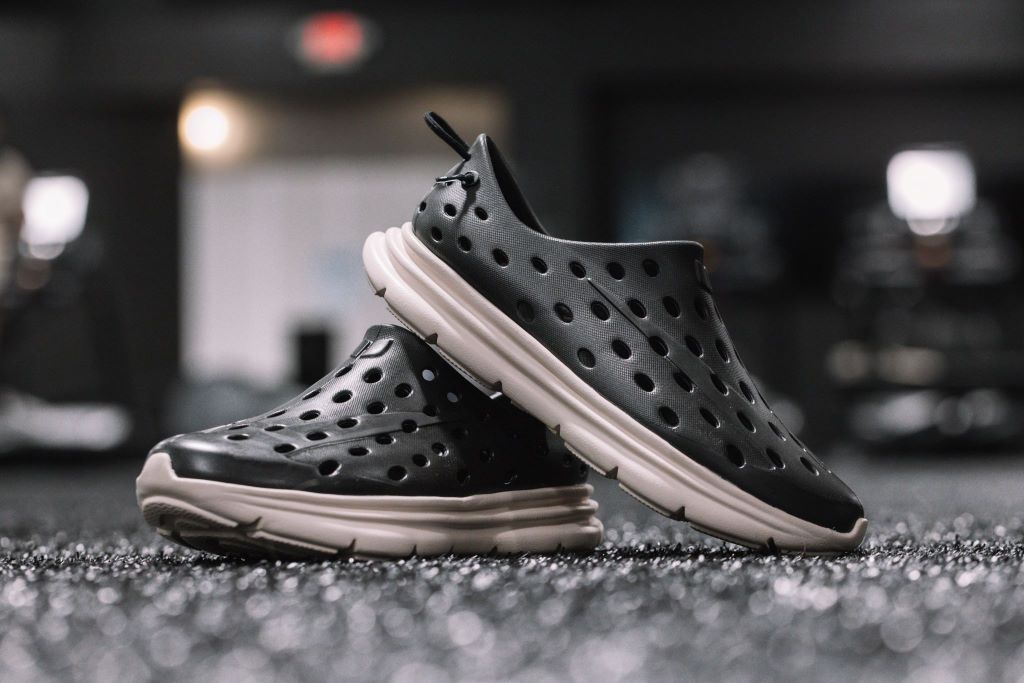We all love our sneaks. Whether you’re running in them, wearing athletic shoes to the gym, or wearing walking shoes, they’re probably the go-to footwear for most of us.
But we also tend to wear through them pretty quickly. On average, a good pair of walking shoes can last between 300 to 500 miles (480 to 800 kilometers) of walking. That means you might go through 1-2 pairs a year. And that’s a lot of waste.
So there’s the concern about environmental waste, but there’s also growing concern about ethical manufacturing. Where are your running shoes made? What are the factory conditions? Are workers paid a fair living wage?
As consumers become more concerned about such questions, there’s a rise in running shoes that claim to be more ‘ethical.’ Let’s dig into what that means.
What are ‘ethical’ running shoes?
Ethical running shoes are footwear options that prioritize ethical and sustainable practices throughout their production process. These shoes are designed to minimize negative impacts on the environment and uphold fair labor standards. Here are some key characteristics of ethical running shoes:
Sustainable materials
Ethical running shoes often incorporate sustainable materials, such as recycled plastics, organic cotton, hemp, or natural rubber. These materials reduce the reliance on non-renewable resources and help minimize waste.
Vegan and cruelty-free
Many ethical running shoe brands offer vegan options, meaning they are free from animal-derived materials. These shoes are suitable for individuals who follow a vegan lifestyle or want to avoid contributing to animal cruelty.
Fairtrade and labor practices
Ethical running shoes prioritize fair labor practices, ensuring that workers involved in the manufacturing process are treated fairly, paid decent wages, and provided with safe working conditions. Brands that emphasize fair trade certifications or transparency in their supply chains often focus on these principles.
AFWA released a report in July 2021, looking at what it argued was wage theft in six garment-producing countries. It listed 15 global fashion brands as jointly responsible with suppliers for the destitution of millions of garment workers, and the poverty wages before the pandemic that did not provide any safety blanket to tide them over
Reduced environmental impact
Ethical running shoes aim to minimize their environmental footprint. This may involve using eco-friendly manufacturing processes, reducing energy consumption, implementing recycling programs, or using packaging made from recycled materials.
Social and environmental initiatives
Some ethical running shoe brands actively support social and environmental initiatives. They may contribute a portion of their profits to relevant causes, participate in environmental restoration projects, or collaborate with organizations dedicated to positive change.
Transparent supply chains
Ethical brands often prioritize transparency in their supply chains, providing information about the sourcing of materials, production methods, and social or environmental certifications they adhere to. This allows consumers to make informed choices and support brands aligned with their values.
Size inclusivity
In terms of broader athletic clothing collections, some brands are more inclusive than others when it comes to sizing. Adidas and Girlfriend Collective are two brands that make leggings in sizes above UK women’s size 20
Often-cited examples of ethical running shoe brands include Allbirds, Veja, Rothy's, and Vivobarefoot, among others. It's important to note that the term "ethical" can encompass a wide range of practices, and each brand may prioritize different aspects of sustainability and ethics.
Therefore, it's recommended to research individual brands to ensure they align with your specific ethical concerns.
What materials are used in eco-friendly running shoes?
Eco-friendly running shoes often incorporate a variety of sustainable materials to reduce their environmental impact. Here are some common materials used in eco-friendly running shoes:
Recycled materials
Many eco-friendly running shoes utilize recycled materials, such as recycled polyester, nylon, or recycled plastic bottles. These materials help reduce the demand for new resources and divert waste from landfills.
Organic or natural fibers
Sustainable running shoe brands may use organic or natural materials, such as organic cotton, hemp, or bamboo. These materials are grown without the use of synthetic pesticides or fertilizers and have a lower environmental impact compared to conventionally grown fibers.
Plant-based materials
Some eco-friendly/vegan running shoes incorporate plant-based materials, such as bio-based polyurethane (PU), derived from renewable resources like corn or sugarcane. These materials offer similar performance characteristics to traditional synthetic materials while being more sustainable.
Cork
Cork is a sustainable material that can be used in the midsole or insole of running shoes. It is harvested from the bark of cork oak trees without causing harm to the tree. Cork provides cushioning, shock absorption, and moisture-wicking properties.
Natural rubber
Eco-friendly running shoes may use natural rubber, which is derived from rubber tree plantations. Natural rubber is a renewable resource and is often preferred over synthetic rubber, which is derived from petroleum.
Water-based glues
Environmentally friendly running shoe brands opt for water-based adhesives instead of solvent-based glues. Water-based glues are less harmful to the environment and reduce the emission of volatile organic compounds (VOCs).
Sustainable dyes
Eco-friendly shoe brands prioritize the use of eco-friendly and low-impact dyes, which minimize the release of harmful chemicals into the environment during the dyeing process.
It's important to note that the specific materials used in eco-friendly running shoes can vary between brands and models. Each brand may have its unique approach to sustainability and prioritize different materials depending on their availability, performance characteristics, and environmental benefits.
Are sustainable running shoes as good for performance?
Sustainable running shoes can certainly be as good for performance as traditional running shoes. The focus on sustainability in the design and production of these shoes does not necessarily mean a sacrifice in performance features. In fact, many sustainable running shoe brands invest heavily in research and development to ensure that their shoes meet the performance needs of athletes.
Here are some ways in which sustainable running shoes can deliver on performance:
Innovative materials
Sustainable running shoe brands often utilize innovative and high-performance materials that are eco-friendly. These materials can offer the necessary characteristics for running, such as flexibility, durability, and cushioning, while also reducing environmental impact.
Advanced technologies
Sustainable shoe brands incorporate cutting-edge technologies, similar to traditional athletic shoe brands, to enhance performance. These technologies may include responsive cushioning systems, lightweight construction, breathable fabrics, and traction-enhancing outsoles.
Customized fit
Many sustainable running shoe brands prioritize comfort and offer features that allow for a customized fit. This can include adjustable lacing systems, removable insoles, or designs that accommodate different foot shapes and sizes.
Performance testing
Like any reputable running shoe brand, sustainable brands subject their shoes to rigorous performance testing. These tests ensure that the shoes meet industry standards and provide the necessary support, stability, and performance attributes for runners.
Feedback from athletes
Sustainable running shoe brands often collaborate with athletes during the development process, seeking their input and feedback. This helps ensure that the shoes are designed to meet the specific needs of athletes and perform well under demanding conditions.
It's important to note that just like with any running shoe, individual preferences, and fit play a significant role in performance. What works for one athlete may not work for another. It's also important to consider the right shoe for your exercise style—whether you're looking for walking shoes, trail running shoes, or everyday sneakers.
We recommend trying on different sustainable running shoe brands and models to find the one that offers the best combination of sustainability and performance for your specific running style and needs.
What running shoe has the lowest carbon footprint?
Determining the running shoe with the lowest carbon footprint can be challenging, as it depends on various factors such as the brand's manufacturing processes, materials used, supply chain practices, and transparency in reporting carbon emissions. Additionally, the availability of up-to-date data on carbon footprints for specific running shoe models can be limited.
Moreover, there may be shoes within a specific brand’s collection that is sustainable, but also other shoes without this focus. Take time and do your research. Most athletic websites will have a section on sustainability on their website.
You’ll find consumer reports that list and rank the best sustainable running shoes and the ethics of different athletic brands
How Kane makes sustainable recovery shoes
Recovery shoes are an important purchase when it comes to ensuring your foot health and living a more sustainable lifestyle. Investing in eco-friendly recovery shoe materials and construction is key if you want to do your part for the environment.
Kane’s recovery shoes provide excellent support, comfort, and durability for those in need of top-notch recuperative footwear. Featuring an adjustable hook-and-loop single strap synthetic upper, plush TPR footbed as well as a durable injected EVA outsole, these kicks come with all the right features to assist you during your rehabilitation journey.
Aside from providing quality products, they are also committed to sustainability having made plans to become a B Corp while dedicating 1% of their overall profits towards environmental charities.
Consider choosing recovery footwear that will not only help care for feet but also contributes positively towards creating a greener future - because taking good care of yourself doesn't have to be just about purchasing items that are solely beneficial to you!
For example, the Kane Revive is made with RestoreFoam™, created from Brazilian sugarcane. A renewable resource, sugarcane helps reduce greenhouse gases by capturing CO2 as it grows. Kane's unique RestoreFoam™ provides the ideal balance of cushioning and support to help the body renew.
Moreover, the Kane Project Renew Yoga Mat is made from recycled Kane Revives and wetsuits. Instead of used Kanes ending up in a landfill, we now upcycle them into these functional yoga mats.



